Five quotes that define the life of Amy Winehouse
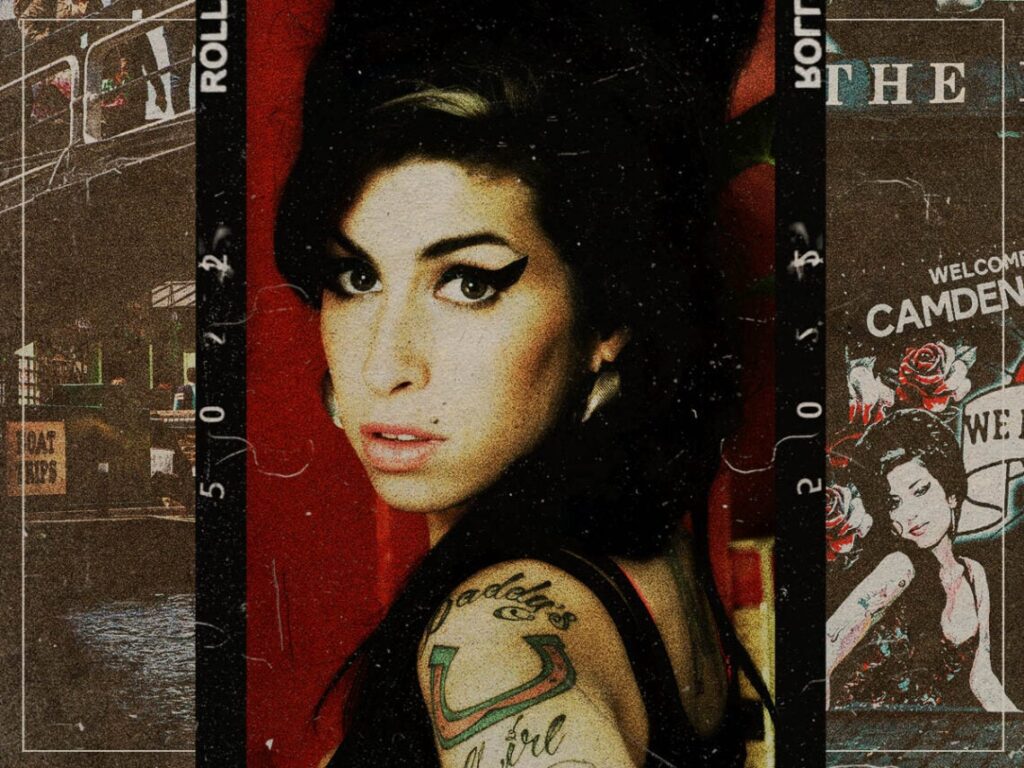 Posted On
Posted On
(Credits: Far Out / Altitude Film Distribution)
So much has been said about Amy Winehouse. When she was alive, she was hounded by the press, who plastered her every move across the front page. Even after her tragic death, the obsession with her life story continues with documentaries, biopics, and countless retells that pick over her life again and again. But what about what Winehouse herself said?
Throughout her all-too-short life, the musician did plenty of revealing interviews. Sharing her own thoughts and story in her own words, Winehouse’s personality and spirit always came through loud and clear. She was funny in that distinctly British way, with razor-sharp wit and buckets of sarcasm. She was driven and determined as she shared her clear goals for her career. She was inspiring, standing as a musical success story that proved talent and vision can cut through the noise.
“I want people to hear my voice,” Marisa Abela says as Winehouse in Sam Taylor-Johnson’s new car-crash biopic, Back To Black. Despite claiming the film is about remembering the star, the voice rarely comes through as quotes from her life are lost to dramatised sequences. Instead of actually listening to the musician, the movie talks over her to tell the same story we hear time and time again.
It’s about time we passed the mic back. During her career, Winehouse was vocal about her life, ambitions and inspirations. She never shied away from saying it exactly how she saw it, providing a personalised insight into her world from her own viewpoint.
In her own words, Winehouse’s life is described in five defining quotes.
Five defining Amy Winehouse quotes:
5. “When I was a little kid…”
“When I was a little kid, it was my dream to go to drama school, but it was never something I thought would happen to me. I was a Jewish girl from north London, and things like that don’t happen to Jewish girls from north London called Amy Winehouse.“
Amy Winehouse’s roots were incredibly important to her and are a vital piece of the puzzle to understanding the star. On the most basic level, Winehouse was a London girl through and through. Her entire world revolved around north London, or more specifically Camden, as the centre in two different ways.
The first was her family. Her tight-knit Jewish family introduced her to the musical legends that shaped her sound. Her family loved jazz, playing the likes of Tony Bennett, Frank Sinatra, and Sarah Vaughan. Her grandmother dated the Ronnie Scott, meaning that the musician grew up with a clear path to the iconic jazz club, well-lit by her family’s love of the genre. Despite her typical, humble raising, this musicality that existed in her home empowered her to reach for bigger things. When she was eventually spotted by Sylvia Young and enrolled in her drama school, it felt like an unlikely prophecy coming true.
And then there was the Camden of her later life. Still existing in the bubble of north London, Winehouse was a local girl who quickly embedded herself in the area’s thriving music scene. As indie and rock ruled the town, the venues and pubs around her helped draw the links between her jazz upbringing and the more pop-rock sound that would find its way into her music.
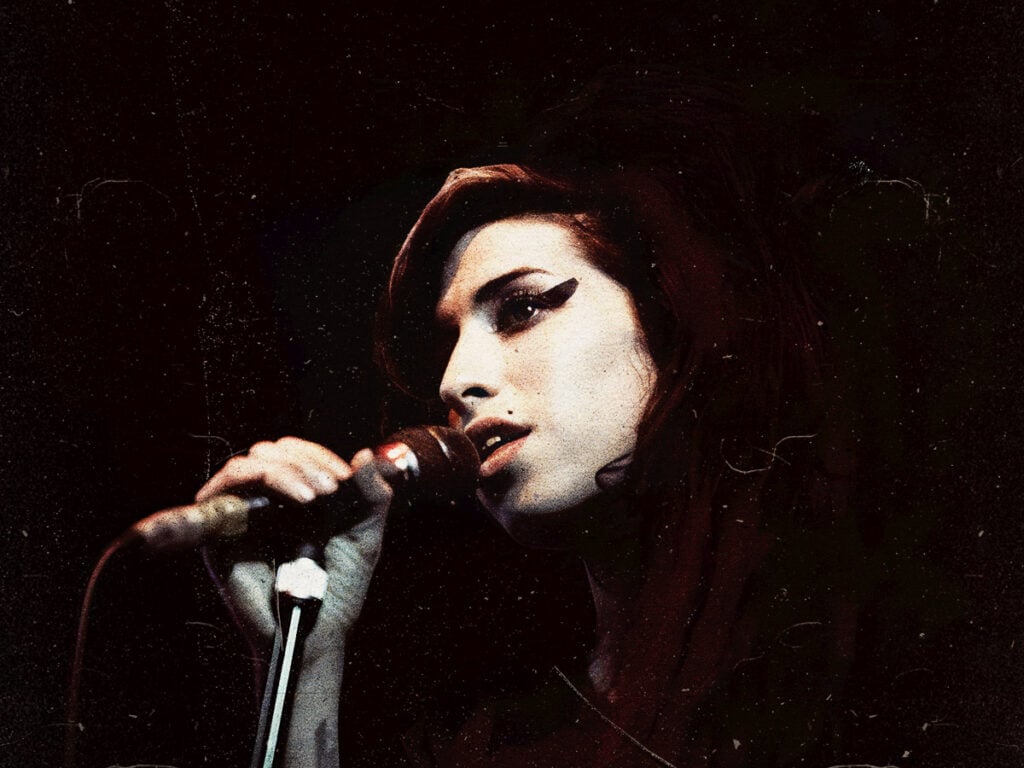
4. “A big triangle shape…”
“One of them tried to mould me into a big triangle shape and I went no!”
“You’re managed by the company that looks after S Club 7 and used to look after the Spice Girls,” Jonathan Ross probed on one of Winehouse’s first TV appearances, asking, “Have they tried to mould you in any way? Asked you to do things to change the way you look or speak or behave?”
The singer’s quick-witted comeback has now become famous as one of her most beloved moments. Even Ross, as the presenter, is left giggling along with his audience, eyes gleaming with a kind of disbelief or amazement at the confidence and charisma of this 20-year-old artist.
That one line perfectly captures the musician. Refusing to conform to any industry expectations, dulling her individuality, or fitting herself into a neatly marketed packet, she was always only going to be herself.
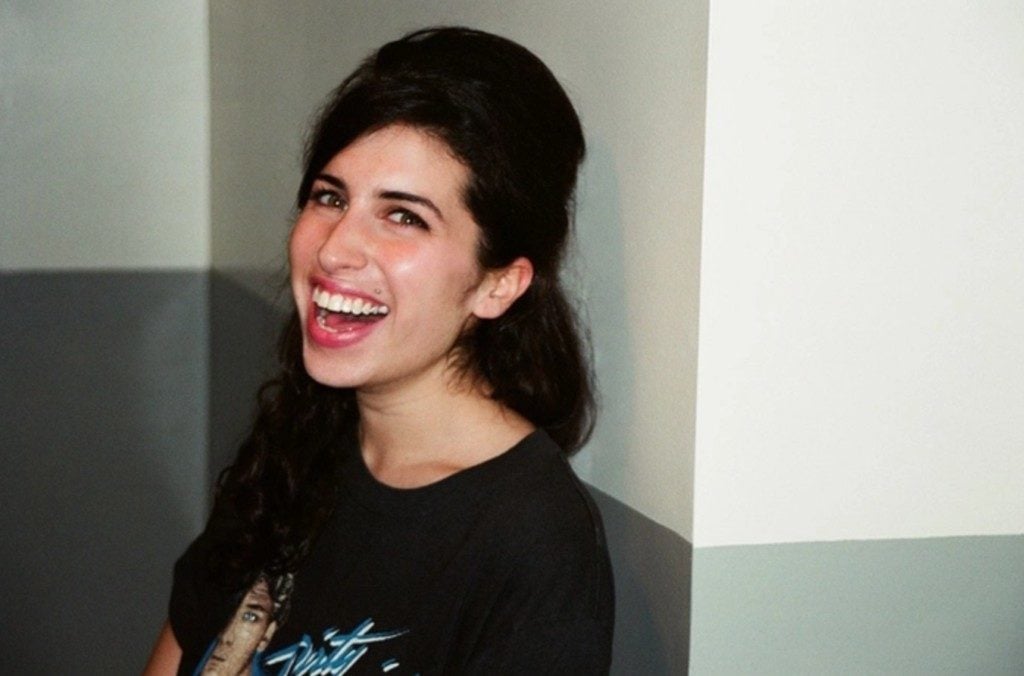
3. “Every bad situation…”
“Every bad situation is a blues song waiting to happen.”
“I don’t write music when I’m happy – I write music when I’ve got nothing. I write songs about stuff that I can’t really get past personally—and then I write a song about it, and I feel better.” Several quotes from Winehouse say the same thing: all hardship was creative fuel for the musician.
Her songs always came from a deeply personal and often dark place. After the release of her debut album, Frank, which compiled some of the earliest pieces she’d written about her late teens and early twenties, she disappeared for three years. Before she could make Back To Black, she had to live a little to find a life to write about. It was only after she encountered a major heartbreak when her partner Blake Fielder-Civil left her that she was struck with the inspiration for some of her biggest songs like ‘Back To Black’ or ‘Tears Dry On Their Own’.
Channelling the pain into artistry and music was how Winehouse managed the world. Much like the jazz voices that had come before her, like Billie Holiday, or the emotions that fuelled her favourite band, The Shangri-Las, her own music had to come from a real place.
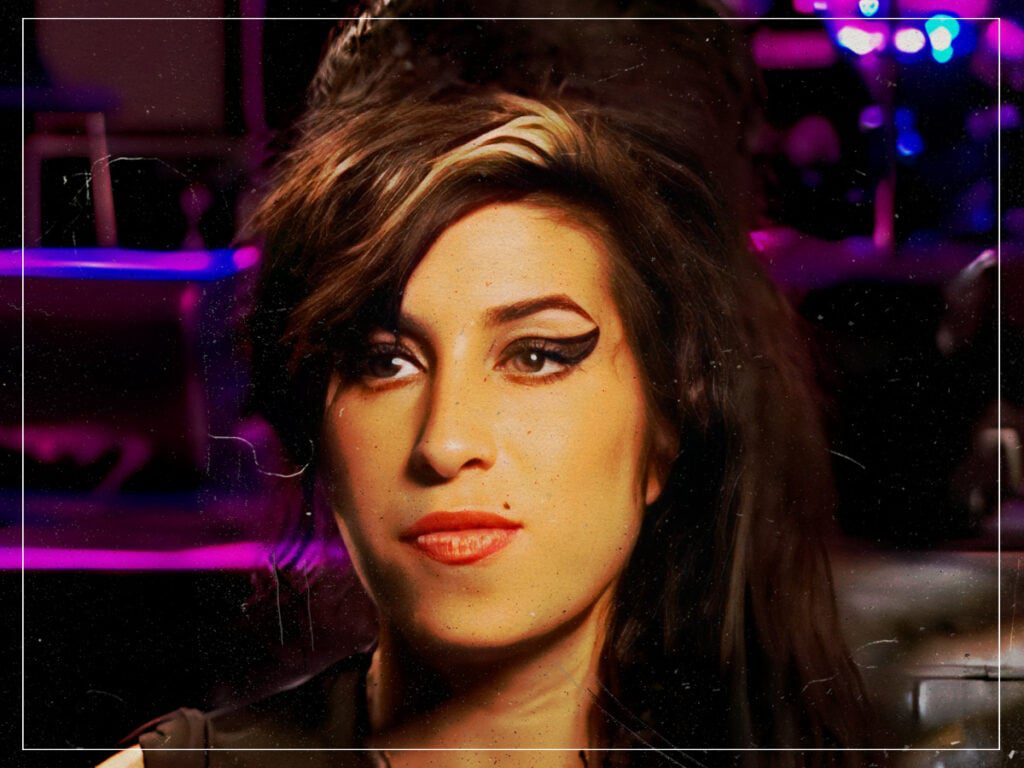
2. “Goodness in life comes from a sense of achievement…”
“I want to do at least four or five albums, and I want to get them out of the way now. And then I want to take ten years to go and have kids, definitely. Goodness in life comes from a sense of achievement, and you’d get that from having a child and putting it before yourself.“
Perhaps one of the saddest quotes, in hindsight, comes from a 2004 chat with Q magazine. The year after the release of her debut, Winehouse was looking to the future with hope and excitement, planning for a lengthy career and a fulfilling life. Held in balance to her ambition, the singer wanted to be a mother and have a happy home just as much as she wanted to be a star.
There is a long-held misconception about Winehouse, and really about all the stars that sadly died early, that they were content to burn bright and fast. These early interviews, and even the later ones only months before her death, proved that the singer wanted to keep going. Taken from the world too soon, we only ever got two albums. But these interviews and the wealth of archival or demo recordings reveal a person who wanted it all.
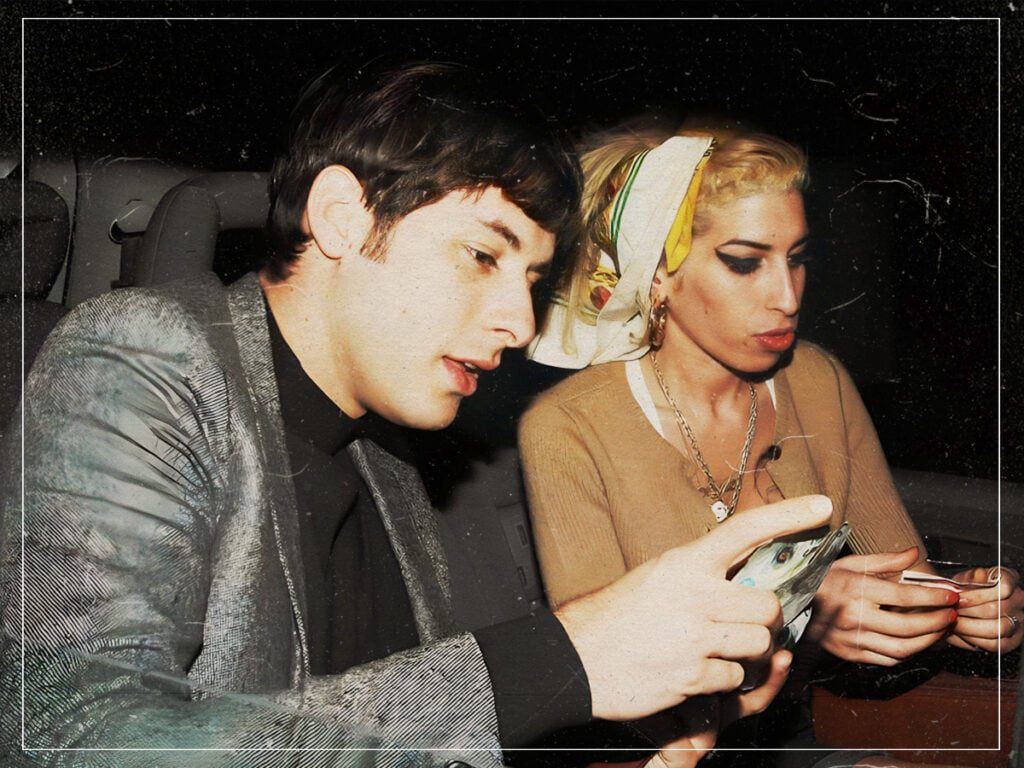
1. “I’d like to be remembered…”
“I’d like to be remembered as someone who wasn’t satisfied with just one level of musicianship… as someone who was a pioneer.“
Despite her short life, we can confidently say that Winehouse managed that. As a figure, she’s hard to pin down. She was not strictly a jazz singer and definitely not a pop star, but somehow also had elements of rock and indie in there; there is no neat descriptor for what she was doing. As she borrowed from such a broad range of influences, the thing she made was something totally new and totally her own.
As the first of her kind, there have been plenty following in her footsteps ever since. Winehouse stands as proof that women don’t have to be easily understandable, marketable or stereotypical to be a sensation.
[embedded content]


